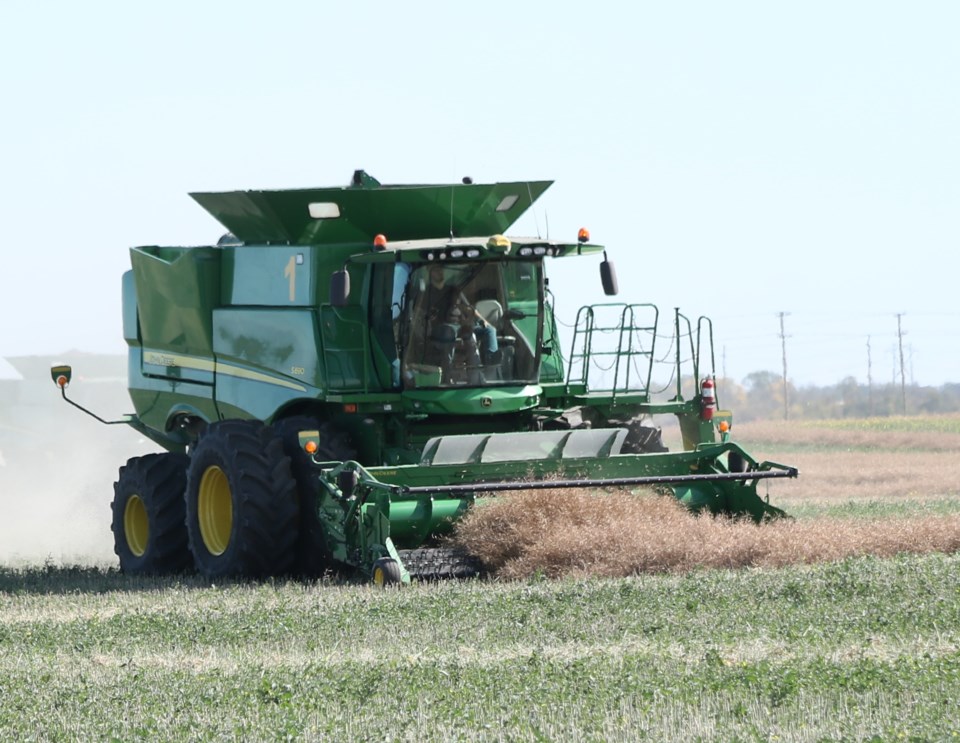YORKTON - In the world of technology five years can be enough time for huge leaps forward.
It does seem tech tends to develop ever faster, likely because as innovative advancements are made, they can then be piggy-backed, or blended into something else out there and the combo is a larger step than the two original developments were.
And one can certainly imagine the flow of information about new ideas is far faster than it would have been only a few decades ago. While no doubt proprietary agreements will keep the developments at many companies under wraps, there is so much information out there it is still being shared.
Each tidbit of information gained can be a key to help someone else unlock a problem they had encountered, or the information is another building block in creating something bigger.
So when I saw a story at about John Deer’s vision to introduced autonomous machinery for every job required to grow a corn or soy crop, from tillage to harvest, it was surprising of course but only moderately so.
There is little doubt farm machinery will be more autonomous as we move forward.
The difficulty is finding farm workers with the skills to operate a machine that might be worth near $1 million is increasingly a challenge, and there are ongoing costs with staff to consider too.
Add in the likely ability of an autonomous piece of equipment to operate 24 hours a day, with only maintenance, and you realize they could shrink the crucial seeding and harvest seasons, or allow a producer to take on additional acres. The trend of growing farm size has been around for decades and it is not likely to change now.
What is interesting about the general goal by John Deere is that the target is 2030, which is just around the corner. That again speaks to the often rapid advancement of technology – in this case in the field of agriculture.
It also leaves an unanswerable question of what is possible in 10-15-25 years?
Certainly, the farm of tomorrow – literally tomorrow in this case – will be distinctly different, but that of course is not a new thing on the farm.
We have gone from a hoe in human hands, to horse drawn equipment, to steam powered, through more recent designs, and now we are on the verge of equipment with computer brains taking over field work.
For producers it must be an exciting time following developments, and determining how what is unveiled might work on their farms?






